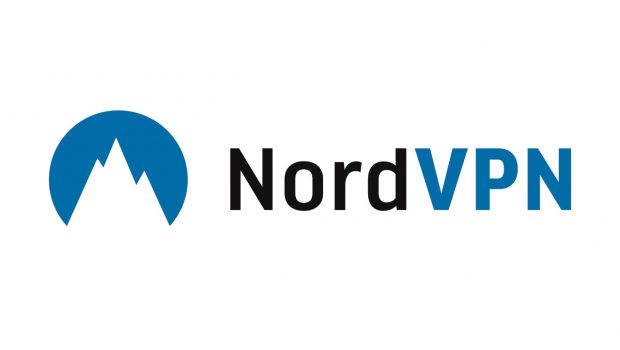Facebook and Google Dominate Data World: Is It Still Possible to Protect One’s Online Privacy?
NordVPN gives advice about staying private in the world dominated by data giants
May 23, 2017. Data has recently become the most valuable commodity in the world, the same way as oil was a century ago, and concerns are similar: most of the world’s data is in the hands of a few giants, namely Google, Facebook, Amazon, Microsoft and Apple.
As their reach keeps expanding and profits keep rising (their collective profit was over $25bn in the first quarter of 2017), experts are calling for the need to break up their dominance or to create another platform that would provide a more private method of browsing. For example, German companies are planning to curb the data industry dominance by creating a joint platform that will allow customers to determine whether and how their personal data can be used by third parties.
In the meanwhile, the data dominance by industry giants results in personal users’ data being tracked, collected and sold to third parties.
Facebook knows a user’s friends, all interactions, sites visited (if they have a Facebook page), purchases, devices a person uses to access Facebook, and much more. Google collects a users’ name, email address, telephone number, credit card (if entered), one’s interaction with other websites, device used, search queries and so on. Google also stores information in a local browser as “cookies.”
When faced with such data control by a few large companies, people still have some power in their own hands to protect their privacy than they often can imagine. In fact, there are some simple steps for everyone to take that would significantly reduce intrusive behavior by Internet companies and protect one’s privacy.
Here are some simple rules:
- Facebook. Use Facebook’s Download Your Information tool to find out what kind of personal information is collected. Make sure to visit privacy settings and select who can see which information. And certainly, be careful what kind of information you share with Facebook. Some people, for example, choose not to use their real names, location and other personal data.
- Google. The first step is to use Google’s Privacy Checkup to see how much information you might be voluntarily sharing. Secondly, see how private are your apps. Google’s Privacy Policy actually allows to turn off tracking, voice searches, and other features, to view and edit one’s preferences or to adjust one’s public profile. Also, make sure you use 2-step verification.
- Overall Internet privacy. VPN (Virtual Private Network) is the most common and secure tool used to stay private online. NordVPN, for example, offers military grade encryption for those looking to keep their information for themselves. A VPN encrypts data between a user’s computer and VPN server and routes it through a secure tunnel, so all online activity becomes invisible to trackers, data collectors and any kinds of data spies. For example, only a VPN can help bypass new increased ISP data collection in the U.S., as well as the potential removal of net neutrality.
To find out more about NordVPN, please visit www.nordvpn.com.







